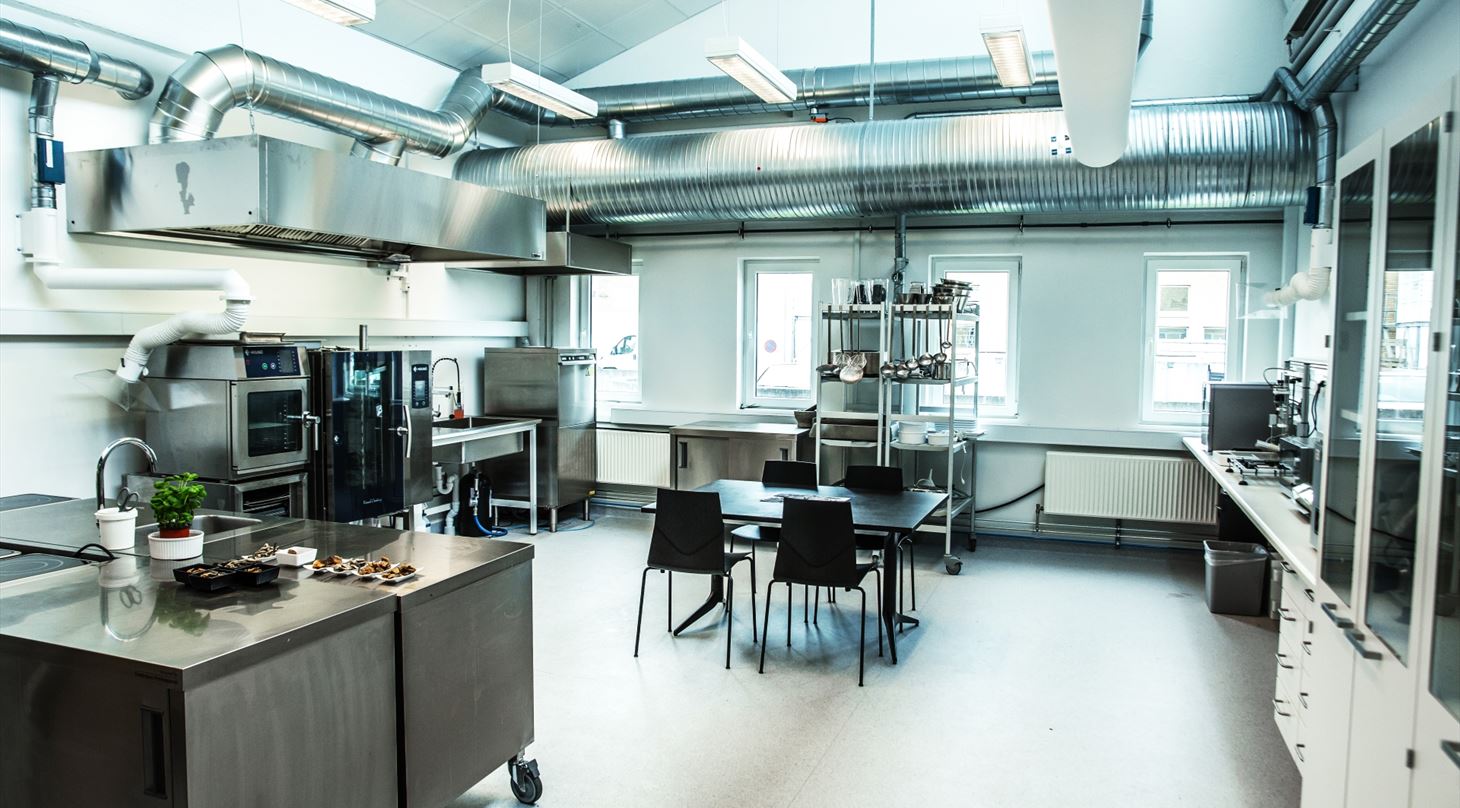
Analysis provides insight into the carbon footprint of a plant-based cheese alternative
Danish Technological Institute has investigated the carbon footprint of NIKRIS' plant-based cheese alternatives – both in their whole and grated form.
Project period: September - December 2023
For the average consumer, the environmental and/or climate impact of a given product is not always transparent. It's often complex to calculate as well. Here, a life cycle assessment can help. Life cycle assessments can be used as a tool to systematically assess the carbon footprint of a product. At Danish Technological Institute, we recently conducted a life cycle assessment for a plant-based alternative to cheese.
— A plant-based, cheese-like product is a particularly interesting case because it involves some new and exciting processes that are not as well-known as those for animal-based cheese products. This also means that we saw it as a professional challenge to gather accurate and representative data, says Asger Smidt-Jensen, consultant at Danish Technological Institute.
In an analysis like this, it requires us to investigate all parameters. Therefore, we have mathematically modeled inputs and outputs from the entire process. For example, we don't just look at the fertilizer usage on the fields where the plants are grown, but also at the fertilizer specifically - how much energy went into making it?
Nutrition is a crucial factor
The analysis not only considers the carbon footprint per kilogram of product, as is often the case for food items. It also adjusts for nutritional parameters such as protein content. And precisely nutrition has been a major focus in the development at NIKRIS:
— A significant focus in the development of our products has been the protein level. We wanted to create a plant-based alternative that had a significantly higher protein content than many of the other plant-based products available today. And we are pleased that the analysis can also account for that, says Niels Kristian Sørensen, founder of NIKRIS.
Important to have numbers on
Being able to quantify the climate impact was important for NIKRIS:
— A big part of the philosophy behind developing a plant-based cheese alternative is, of course, that the climate impact is expected to be relatively low. But with new and different processes and these protein-rich ingredients, it wasn't entirely certain how low the climate impact actually was. Therefore, it's really important for us to have numbers and documentation for what has so far only been assumptions – and fortunately, the numbers matched our expectations, says Niels Kristian Sørensen.
3 quick facts about Life Cycle Assessments
- A Life Cycle Assessment (LCA) is a method for systematically collecting inputs and outputs from a product or process. The collected data is translated into various environmental, climate, and social impacts, allowing us, for example, to calculate a product's carbon footprint.
- With an LCA calculation, we can also see where the environmental, climate, and social impacts can be improved and suggest alternative ingredients, processing methods, etc., that would reduce the product's carbon footprint
- The procedure for an LCA is internationally recognized and well-described in several places, such as the ISO 14040 standard.
Would you like to investigate your environmental and/or climate impact? If so, please contact Asger Smidt-Jensen at telephone +45 72 20 21 77 or via email at asje@teknologisk.dk.